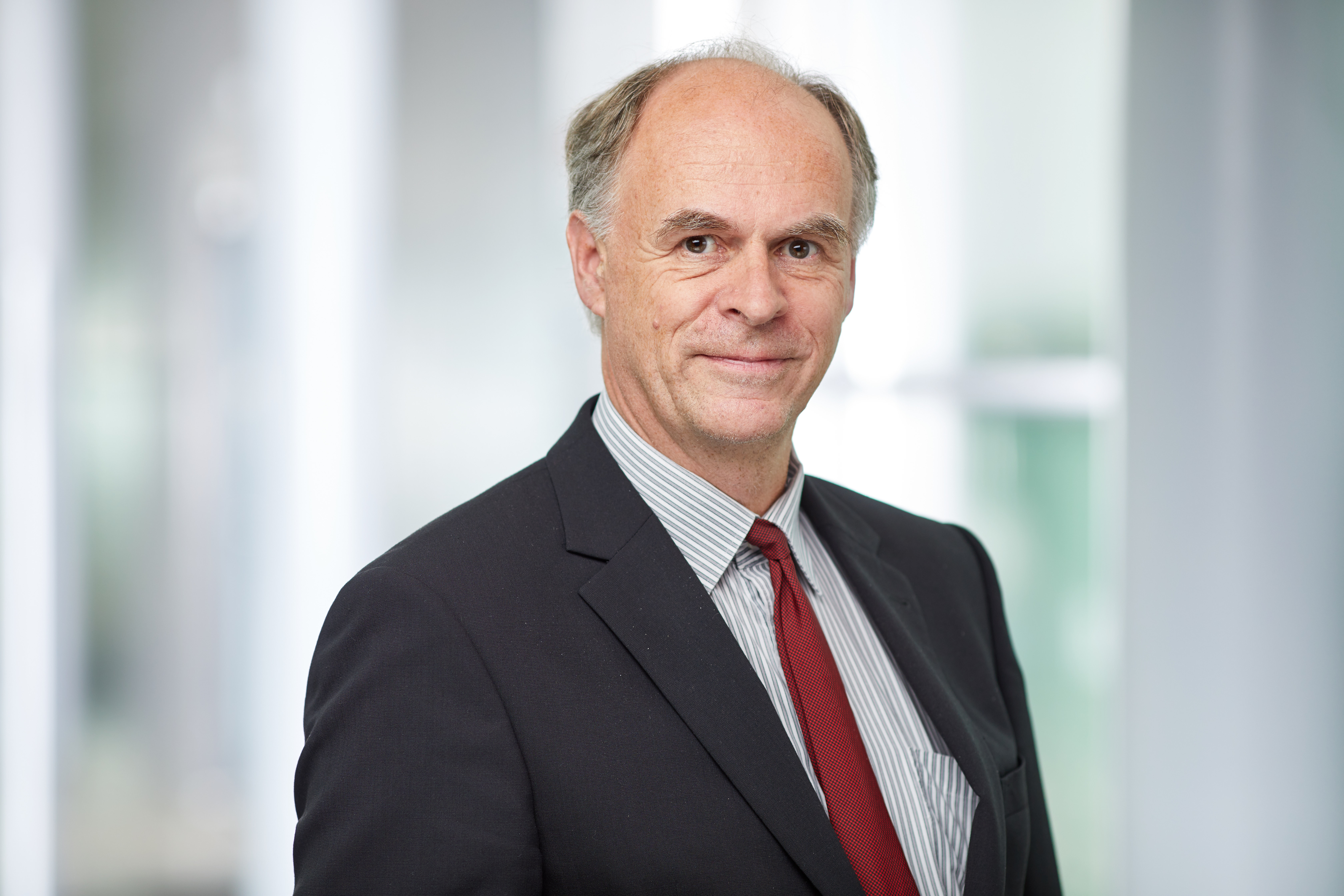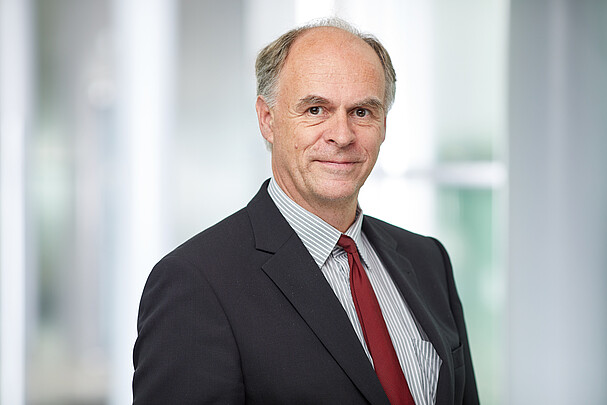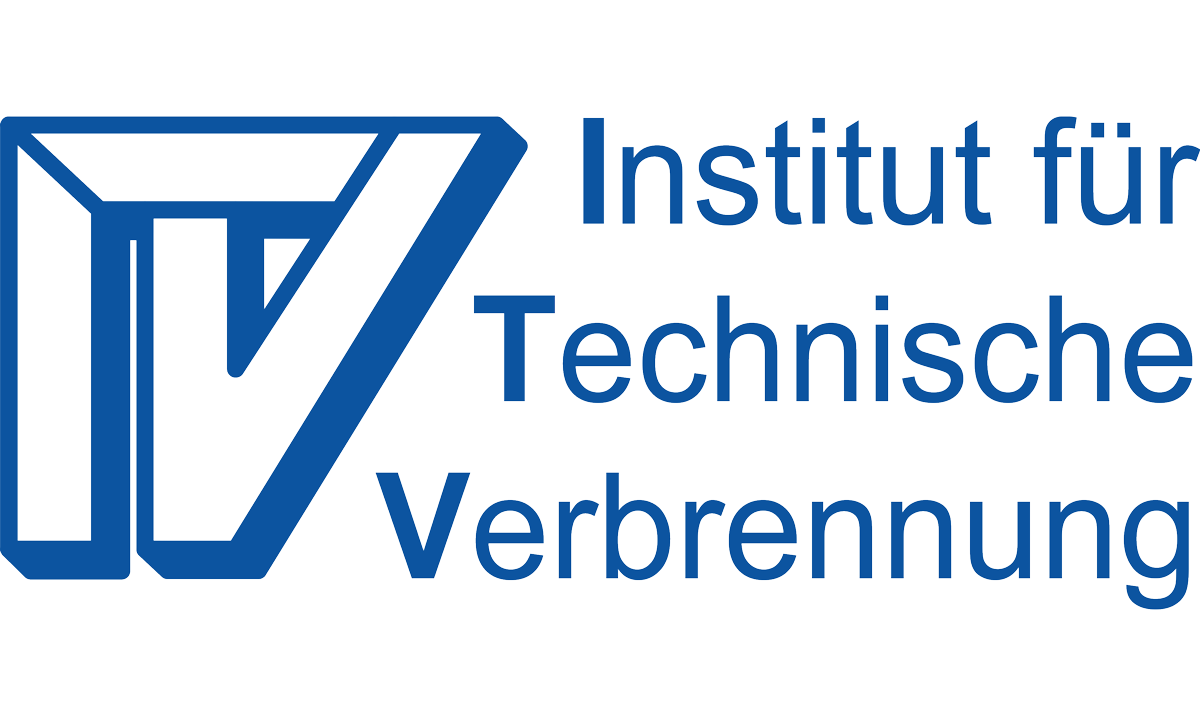The Institute of Technical Combustion conducts research and provides education in the areas of turbulent combustion, spray injection processes, diesel and gas engine combustion processes, and engine tribology. New topics covered in this text include 'sustainable combustion', such as the recently approved Lower Saxony joint project 'Sustainable Hydrogen Combustion Concepts' and the Excellence Cluster 'Sustainable and Energy-Efficient Aviation', which aims to develop propulsion concepts for greenhouse gas-neutral and pollutant-free flying in the future.
Other research projects deal with the injection of so-called "electro-fuels", i.e. energy sources that are produced synthetically and tailor-made from sustainably generated electricity. Additionally, there are efforts to develop and improve clean and efficient gas engines. For example, the Lower Saxony research initiative 'Mobilise', the BMWi project 'Gasmotor2020+' which focuses on friction reduction, the BMEL-FNR project on 'Reduction of greenhouse gas-relevant emissions in biogas engines', and the international project 'Bio-Syngas Engines'.
We offer our methodological expertise in the experimental field and test bench capacities with customised, state-of-the-art measurement technology and calculation methods for joint development projects with industrial partners. Please feel free to contact us.
Institute Management




30823 Garbsen





